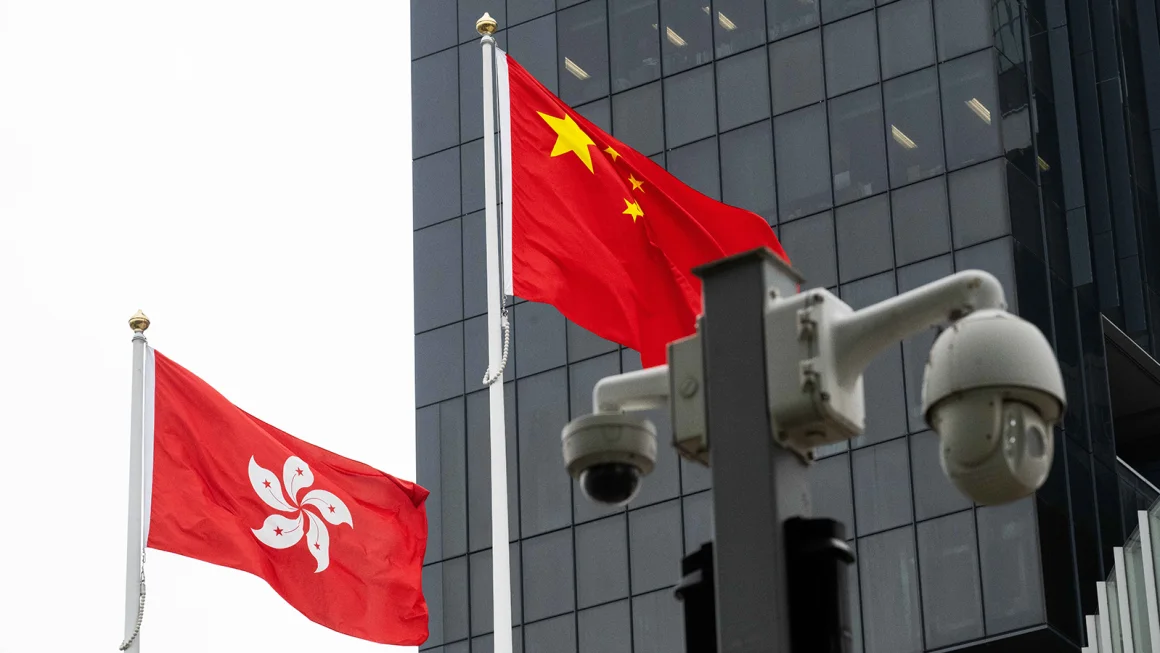The Hong Kong government has announced plans to install thousands of new surveillance cameras throughout the city, a move that has sparked widespread criticism and concerns about increasing control by Beijing. Proponents of the initiative argue that the cameras will help improve public safety, but critics say the plan reflects a worrying trend of tightening authoritarianism.
The expansion of the surveillance system comes amid ongoing political tensions between Hong Kong and mainland China. Since the passage of the National Security Law in 2020, many residents have feared that the city’s autonomy is slowly being eroded, and the new cameras are seen as another step in that direction.
Human rights organizations and pro-democracy activists have been particularly vocal about their concerns, warning that the cameras could be used to target dissenters and further restrict freedom of expression. Critics argue that the surveillance infrastructure mirrors the extensive system in place in mainland China, where citizens are subject to constant monitoring.
Despite these concerns, the Hong Kong government insists that the cameras will be used primarily for crime prevention. However, the lack of transparency about how the data will be used and who will have access to it has only heightened fears. The growing use of surveillance technology in Hong Kong marks yet another flashpoint in the city’s ongoing struggle for autonomy amid increasing influence from Beijing











